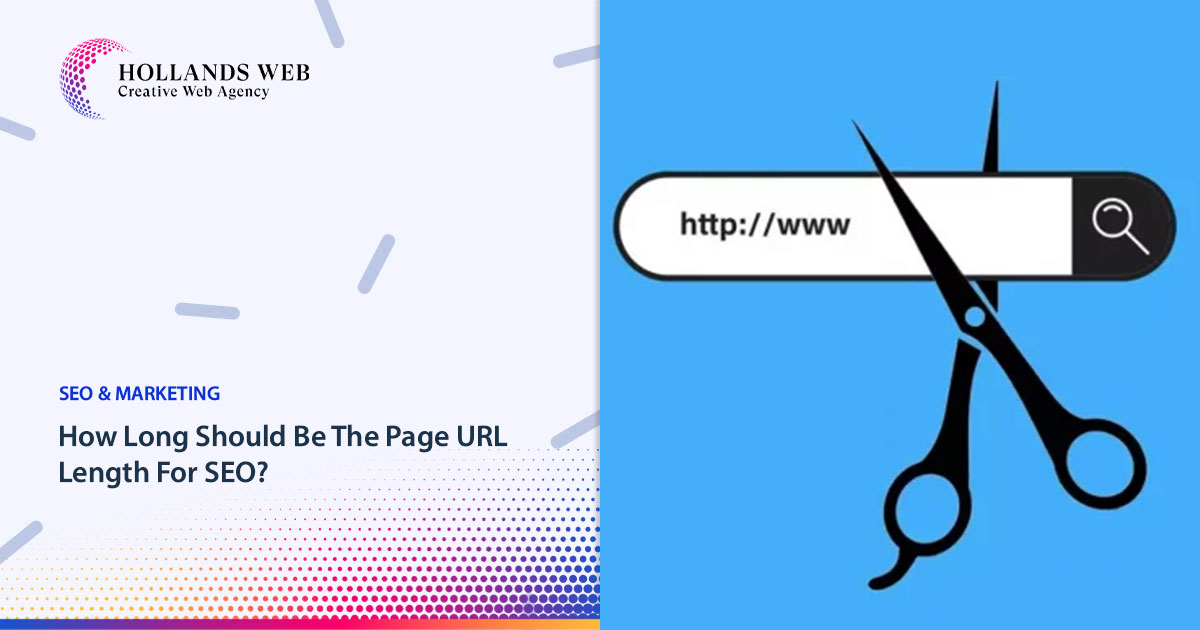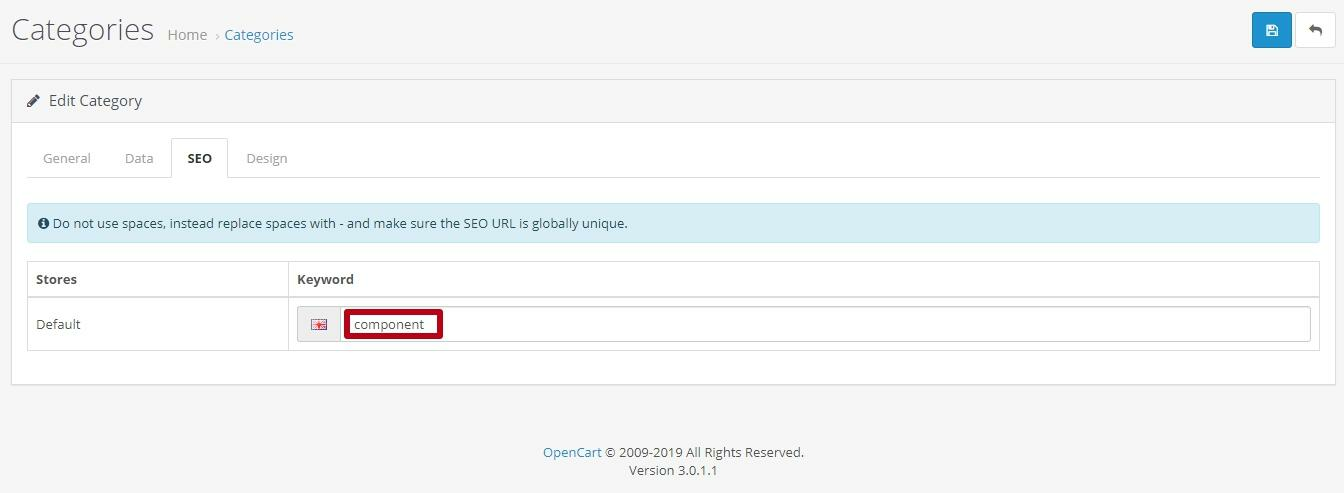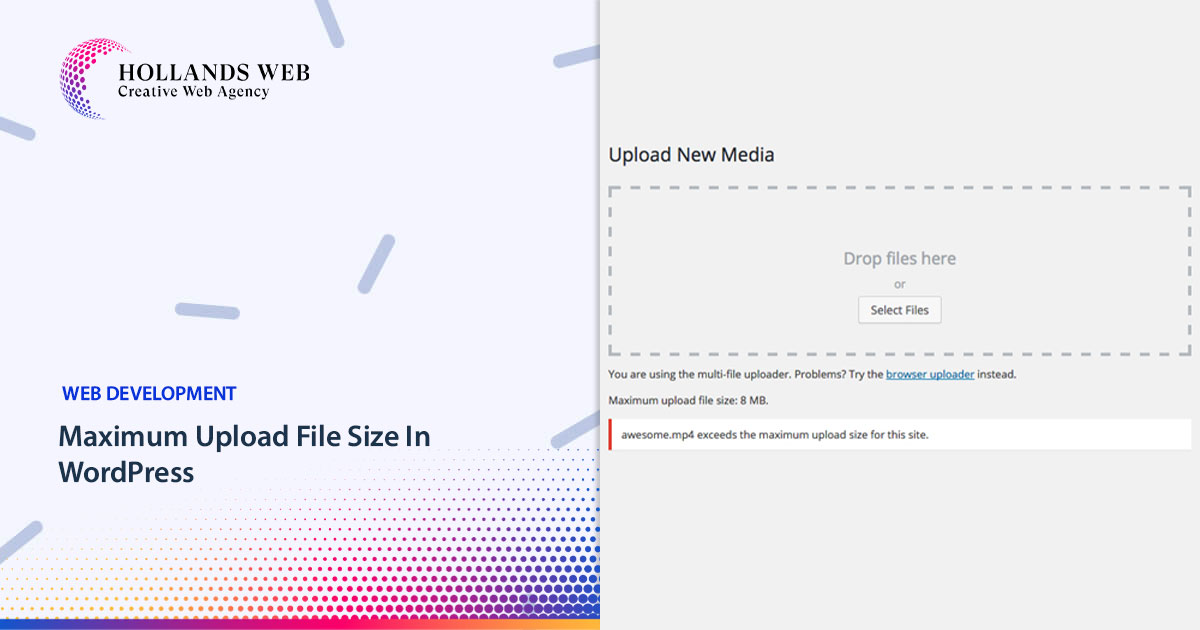No products in the cart.
Every web page has a unique URL. Some links are simple and concise; others are long and with a complex structure. When optimizing a website, you should consider the effect of link length and the maximum link length allowed.
What are URLs?
A Uniform Resource Locator, or URL, is a web page’s address that specifies its location on the Internet. The link to the page is located in the browser’s address bar. The standard URL format includes data transfer protocol, such as https://;domain name; the path from the domain name to the page, which includes a chain of directories and subdirectories; may contain special parameters and anchors, such as the GET method used to retrieve a resource’s contents. The domain name is included within the URL. Other components appearing after the domain name may vary in length and content. The final result is dependent on the names of the directories and the destination page. The URL syntax permits the use of letters, numbers, and special characters.
How long should a URL be?
Browser URL length restrictions
The maximum length of a URL in the address bar is 2048 characters. However, the successful processing of extra-long links by a browser does not guarantee that a search engine robot will also be able to do so. The URL for the correct page is 75 characters long. Regarding the indexing of documents with lengthy URLs (over 75-120 characters), they are generally indexed quite well, although ranking issues may arise. Here you can view the maximum URL length supported by various browsers.
| Browser | Max URL length in the address bar |
|---|---|
| Google Chrome | 32779 Android |
| Firefox | 8192 |
| Safari | 64k |
| Internet Explorer | >64k |
| Microsoft Edge | 2047 |
Is there anything else I can do to enhance the quality of my URLs?
Consider the big picture and keep URLs simple when creating them for SEO purposes. Ensure that your URLs contain relevant keywords to the page’s content. For web crawlers, a shorter URL is preferable. Follow the steps below to find out more:
1. Make the URL rich in keywords
The domain name should contain the primary keyword. Each page’s address should contain the search query used to promote it. The search query entered into the search bar is highlighted in bold not only in the site’s title and description but also in its address. Therefore, it is essential to construct the URL with care: users will pay attention to it and consider it when choosing a link.
2. Use hyphens rather than underscores
If the URL contains multiple words, they should be separated by hyphens. Google indexes each individual word in phrases containing underscores and each individual word in phrases containing dashes/slashes. Google treats the underscore as a connection. The structure of serpstat_tool will be treated as a single, unbreakable word.
3. Ensure that URLs are easily readable
If a person cannot understand the text of the URL, neither will the search engine. Due to the fact that many people read URLs before clicking on them, search engines strive to make it as simple as possible for them to comprehend the page’s content.
4. Do not use Cyrillic in URLs
Each Russian letter is encoded as a string of six characters; the characters in the address bar will appear differently than they did in the URL. Use only Latin characters and URL with numbers in page addresses.
5. With robots.txt, you can stop spam
The robots.txt file facilitates communication between the website and search engines. Virtually every website contains pages that the webmaster does not want search engines to index, such as sites with duplicate content. Using robots.txt, you can make these undesirable indexing pages invisible to search engines.
6. Utilise lowercase letters in the URL
There must be no purpose for using capital letters in a URL. Capital letters are baffling to both humans and search engines. According to the search engine, these are two distinct pages with identical information. In this manner, duplicates are produced. If this rule is violated, page indexing could be affected.
7. Do not exceed 3-5 words
Longest links are not fully displayed in search results, reducing the importance of keywords in search engines’ views, so it’s important to consider the URL length limit.
8. Include Mobile URL Details in the Sitemap
Indicate to search engines that your site is optimized for mobile devices. Mobile-friendliness influences mobile search results. Include mobile devices in the sitemap for URL optimization security.
Do URLs with spaces affect SEO?
For optimal SEO URL structure, the URL should not contain unimportant characters. URLs are not allowed to contain spaces. Depending on their location within a URL, different restrictions apply to the correct encoding of spaces. Spaces in a title frequently cause mistakes. Some content management systems circumvent this limitation by replacing spaces with plus signs or %20 strings.
How does link length influence URL length and usability?
The length of URL links is primarily significant for the average user. Long URLs typically extend beyond the visible portion of the address bar and have a complex structure, so it is preferable to adhere to the maximum length. When copying and pasting such a link onto a third-party resource or into a text file, its text may span multiple lines.Links with a maximum of three easily understood and engaging words appear more appealing than those with more than three words. Consequently, their clickability may be increased. If you must manually enter a lengthy URL in the address bar, it will take a significant amount of time.
SEO URL size
In terms of search engine optimization and user-friendliness, short links are frequently preferable to lengthy ones. Breadcrumbs support a maximum URL length of 200 characters. Since the user factor plays a significant role in website ranking, the presence of clear and structured content on web pages improves the behavioral factors of the entire resource and, consequently, the likelihood of being viewed by a larger audience. Changing the URL of a page to make it concise and informative is one way to influence its position in search engine results.
Principles of URL construction
Creating a link structure
Large web pages with a complex category and subcategory structure can have lengthy URLs.The optimization of links involves the reduction of their layered structure. According to search engine optimization, shorter URLs are preferable. For instance, a common link might look like this: mysite.com/1/2/3/4/5/item100.html, where points 1-5 are the component directory chains. Link improvement: mysite.com/catalog/item100.html. Here, we observe a decrease in nest size. Utilizing optimized links positively impacts user factors.
Setting up a SEF URL
Friendly links are so-called because they are readable by humans. Such links facilitate copying and are quite informative for search engines. A SEF URL, or Search Engine Friendly URL, indicates that the URL is search engine friendly. The optimized link text makes the web page address more informative and appealing, and also enables the use of important promotional keywords. The SEF URL allows you to customize the length of the URL and uses the same language as the website in the link text.
Configuring URLs in CMS
Several website management systems allow for the configuration of CMS URL settings for page URLs. Some systems, such as OpenCart, by default, generate the content specified in the header of the H1 page in a similar URL. The SEF URL option in Joomla must be activated. Utilize the Yoast plugin in WordPress to generate optimized URLs. A link that reflects the page’s content and includes keywords makes sense for SEO marketing. The correct URL is distinguished by brevity, information, and keywords. An SEO specialist is responsible for creating such page addresses and adhering to the website’s structure.
Another reason for optimizing the URL length is that the link to the page is displayed in the browser’s address bar and in the search results as part of the snippet. The portion of the link that did not fit within the visible snippet area will be omitted. On the search results page, we shorten lengthy links.WordPress’ standard URL length is 200 characters.
Conclusion
When optimizing a website, it is preferable to prioritize concise and informative links over lengthy URLs with complex structures. The page address should be concise, logical, user-friendly, and keyword-rich. Such links have an effect on the overall appeal of your website and your SEO. Even though popular browsers can process links of up to 2000 characters in length, their final length should not exceed 75 characters. This URL length will increase the likelihood of successful page processing by search engines and positively impact website optimization.








 Web Hosting
Web Hosting Web Designs
Web Designs Graphic Design
Graphic Design SEO
SEO Digital Marketing
Digital Marketing